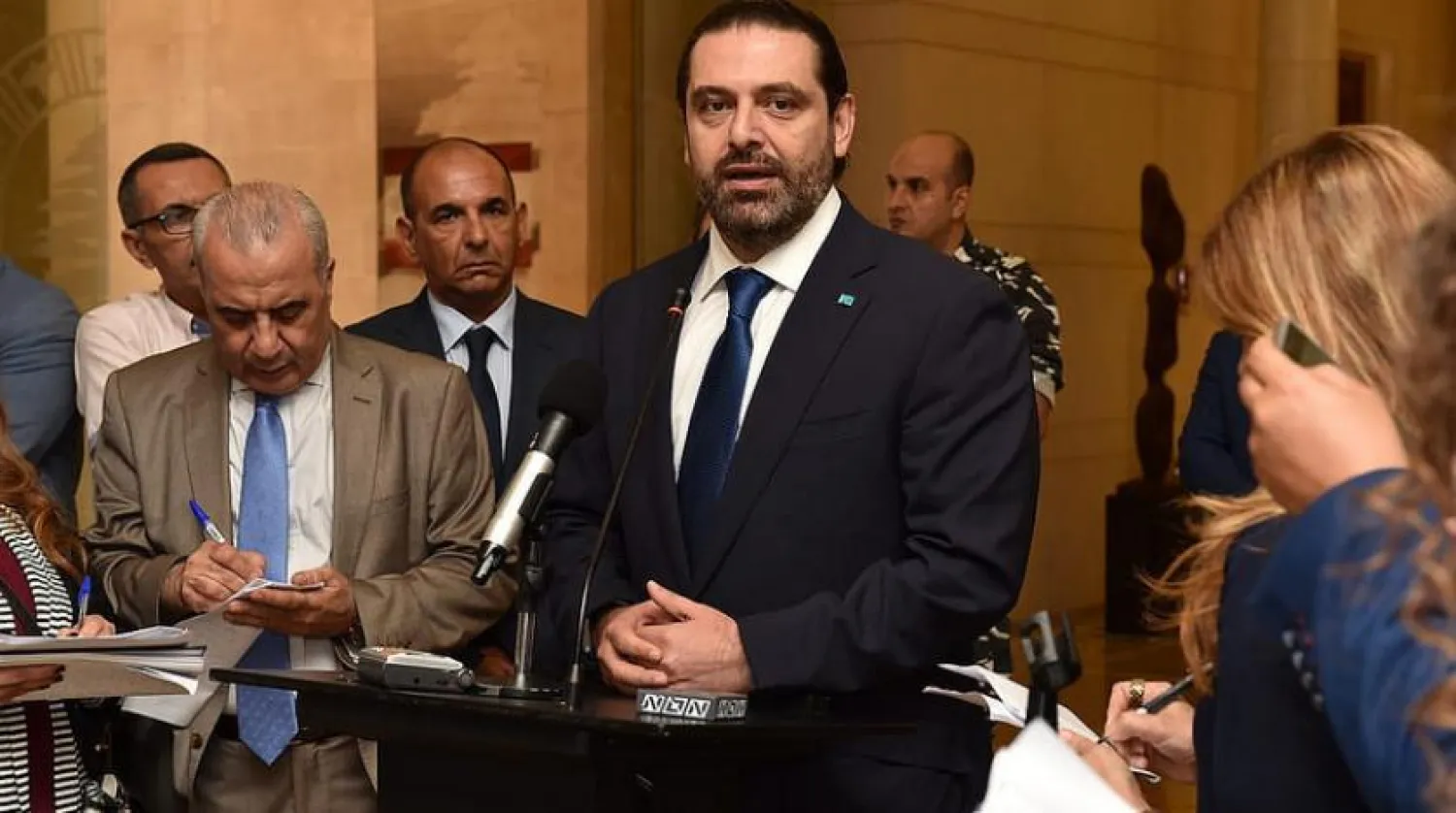Reactions to the powers of President Michel Aoun and Prime Minister Saad Hariri drove lately fears of a governance crisis in Lebanon, although still silent.
The dispute emerged over Aoun's insistence to call for a cabinet session on the basis that the government, as a whole, is the authority tasked with discussing solutions to political and security disputes in the country, while Hariri has no objection on the necessity of its meeting.
On Friday, the President telephoned the PM, asking him to call for a cabinet session as soon as possible.
Observers fear that the silent crisis between the first and the third presidency could spiral dangerously out of control and therefore, push the country towards a governance crisis, although Hariri was always committed to secure a settlement with Aoun.
The Lebanese government has been paralyzed since last month following the deaths of two young men in the village of Qabr Shmoun in Mount Lebanon’s Aley district.
Efforts to mediate a way out of the standoff are deadlocked over which court should hear the case. LDP leader Talal Arslan has called for referring it to the Judicial Council, a specialized court that handles highly sensitive security issues.
Aoun called for a cabinet session based on item 12 of Article 53 of the Lebanese Constitution, which stipulates that the President “may, in agreement with the Prime Minister, call the Council of Ministers to an extraordinary session whenever he deems this it necessary.”
Lebanon’s political circle is still surprised by the President’s call because it came suddenly while talks were still ongoing to solve the crisis linked to the Qbar Shamoun incident.
Antoine Sfeir, an international lawyer and a researcher in constitutional laws told Asharq Al-Awsat that the President’s call is linked to an agreement between him and the PM.
“The President has the authority to call for a cabinet session, however, such request should be completed by the acceptance of the Prime Minister,” Sfeir said.
He added that, “the PM cannot absolutely reject such call,” without any explanation.









